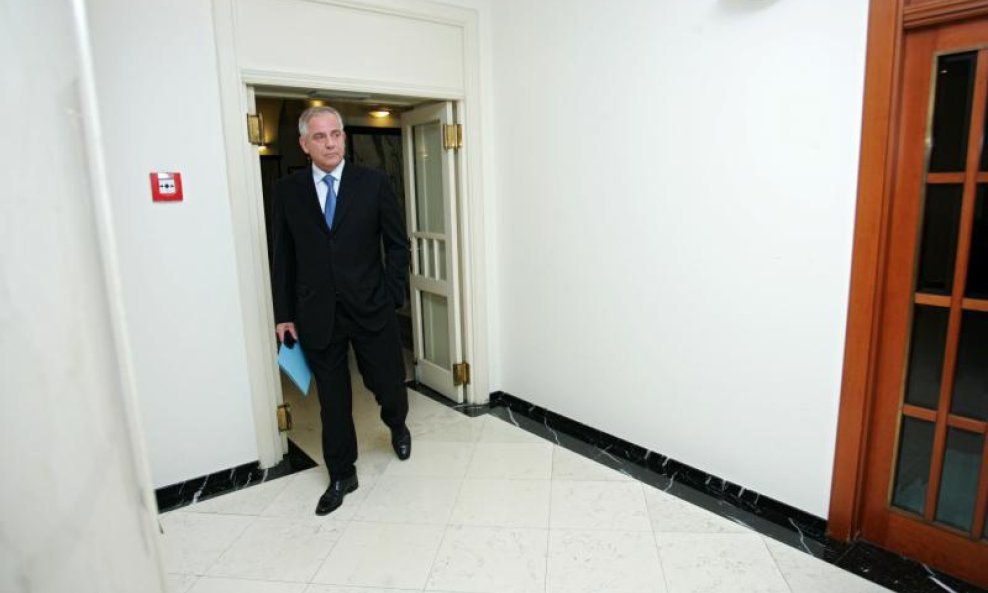The Zagreb County Court will send the Ministry of Justice the necessary documents for the extradition of former Prime Minister Ivo Sanader to Croatia, court spokesman Kresimir Devcic said at a press conference in Zagreb after Sanader was arrested in Austria.
The documents on the basis of which the ministry will draw up the extradition request need to contain information confirming Sanader's identity, the decision by the national anti-corruption office USKOK to launch the investigation, the court ruling ordering 30-day investigative prison for him, the arrest warrant, and a list of laws on which the court decisions are based.
"In the extradition request Croatia will have to give proof that this is not military or political persecution, which is what people arrested abroad often say in order to evade extradition," Devcic said.
A few days ago Sanader said he was the victim of political persecution orchestrated by Prime Minister Jadranka Kosor and Deputy Speaker of Parliament Vladimir Seks.
Devcic said that for the extradition process it was important that the crimes Sanader was suspected of were also punishable in Austria, where he was arrested on an Interpol warrant.
Justice Ministry spokeswoman Vesna Dovranic said that extradition proceedings would be launched "very soon".
From his arrest until his possible extradition, the procedure laid down in the European Extradition Convention of 1957 will apply. Under the Convention, extradition custody may last for a maximum of 40 days, during which time Croatia must formally request his extradition and submit the necessary documentation.
Sanader is suspected of conspiracy to commit crime and of abuse of office in the case of siphoning money from government departments and public companies through the privately-owned marketing agency Fimi Media and in the illegal sale of electricity by the state owned power company HEP to the petrochemical company Dioki.
































